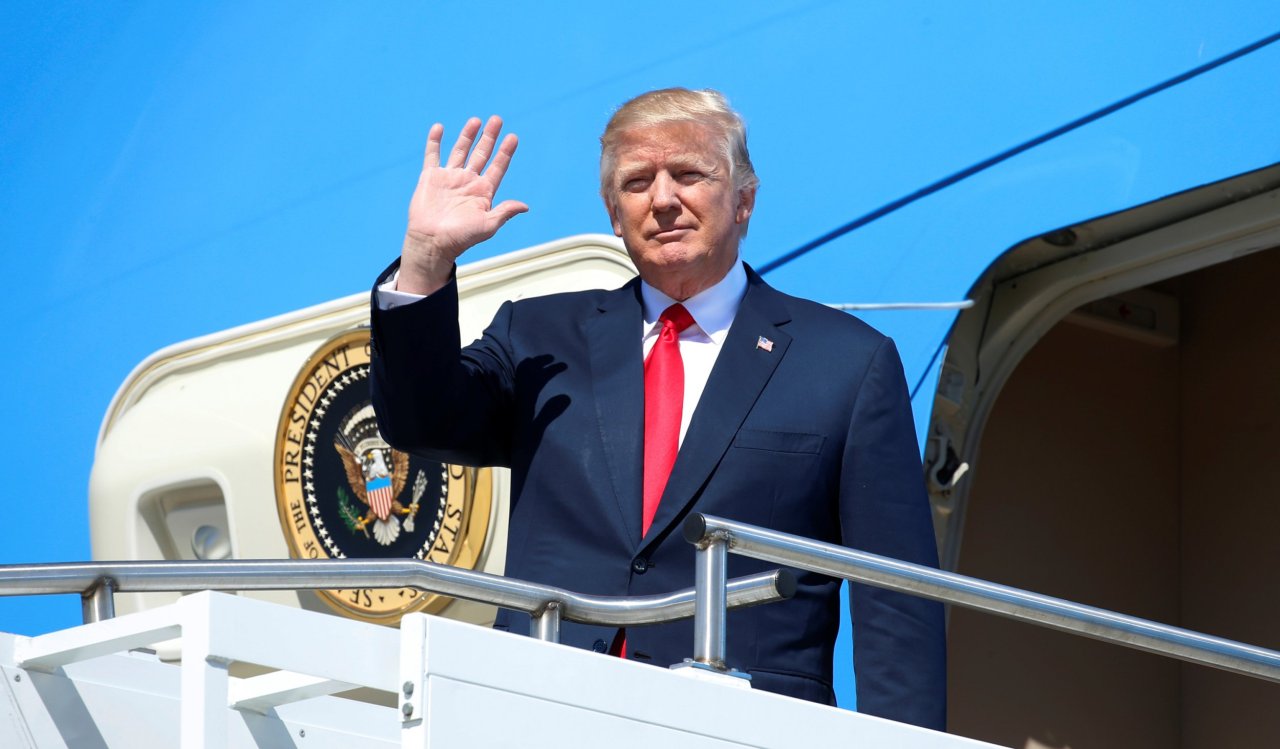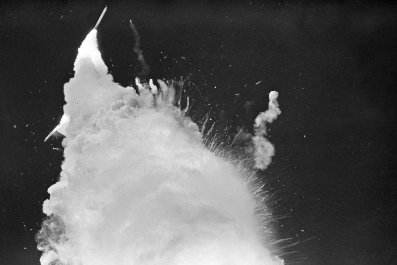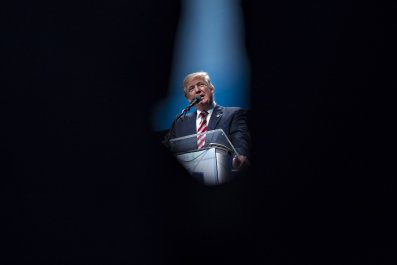One big question looming over Washington is how best to investigate Russia's attempts to influence the 2016 election.
While some Republicans are open to a limited investigation by various of Congress's committees, none of them has endorsed the kind of full-fledged inquiry favored by Democrats, who are backing the creation of a special panel called a "select committee" that would study Moscow's alleged efforts to elect Donald Trump. Some also have called for Congress to create an independent panel like the 9/11 Commission, which was widely lauded for its thorough, accessible and bipartisan work. Its report was hugely influential, leading to a reorganization of the federal government, including the creation of a Homeland Security Department. The commission's report even became a bestselling book.
Related: Could Russia's Trump honeymoon be over so soon?
History is replete with examples of investigations that have worked well. Before Harry Truman became Franklin Roosevelt's vice president or was elected president, he was a Missouri senator who led an inquiry into profiteering during World War II. Congress was using its subpoena powers as far back as 1792—to lead an inquiry into a massive U.S. defeat at the hands of Indians in what were then the northwest territories. There also have been much-hailed congressional inquiries into the sinking of the Titanic; the Teapot Dome scandal that wracked the Warren Harding administration in the 1920s; and organized crime. Others, such as the search for Communists and their sympathizers—chaired by Senator Joseph McCarthy of Wisconsin—have come to be seen as witch hunts.
The best inquiry, though, is that of the Senate Watergate Committee, convened in 1973—and for good reason. While the reporters Bob Woodward and Carl Bernstein were essential to breaking the case of the Nixon White House's dirty tricks and its felonious cover-up, it was the Senate Watergate Committee that broke open the scandal widely when it asked a midlevel presidential aide, Alexander Butterfield, about whether any conversations in the Oval Office were recorded. When he said yes before millions of TV viewers—the hearings had become a ratings sensation—it was a bombshell. The legal struggle for the tapes led all the way to the Supreme Court, and it was after Nixon was ordered by the justices to hand them over that he resigned.
This isn't to say that the Russian efforts will be found to be as bad as Watergate, or worse. We don't know. But we do know how to ask the right questions and set up a mechanism for getting at the truth. As a general matter, leaving such inquiries to one of the standing committees—like the Senate Armed Services Committee, which oversees the Pentagon, or the Senate Foreign Relations Committee, which oversees the State Department—usually isn't enough. They don't always have the resources or time to track down witnesses, gather evidence, engage in document preservation and do all of the things that are essential to a serious inquiry.
There are exceptions. The Senate Banking Committee in the 1990s did very important investigations into international banking scandals and the collapse of savings and loan institutions in the U.S., not only ferreting out abuses but making the case for prosecutors as well. In the House of Representatives, the Commerce Committee under the chairmanship of Henry Waxman, a longtime California congressman, became known for its dogged pursuit of the tobacco industry, including its famous swearing-in of all of the industry executives. Its work helped drive a torrent of legal cases and legislation that changed the way cigarettes are sold in America.
Waxman himself doubts that Congress now is well equipped to deal with the Russia inquiry. He fears that the Republicans have become too partisan to handle it adequately, pointing to the proliferation of Benghazi investigations on Capitol Hill—including the formation of a House Select Committee on Benghazi—and even a House select panel created just to investigate Planned Parenthood. Russian influence in the 2016 election "is about as important an investigation that can be done but I'm not sure this Congress is very good at it," Waxman told me. "A select committee isn't independent."
I also spoke with Bart Dzivi, an investigator for the Senate Banking Committee, who underscored the importance of having a staff large enough, with enough expertise and security clearances, to manage the job at hand. He also noted the importance of when an inquiry begins: "You have to start early for document preservation. Evidence can deteriorate over time and so can people's memories." Dzivi is now an attorney in the San Francisco bay area.
Given the opposition among Senate Republicans, chances are we're not going to get the kind of thorough investigation of the Russian hacking scandal that we deserve. But we do know the right way to get it, and that requires a panel with subpoena powers to get witnesses in there and start swearing them in, because there is nothing like the penalty of perjury to refresh recollections. What happened to the U.S. can remain opaque, the province of intelligence agencies and sporadic leaks, but at this point why not live up to the example of great committees gone by?





















